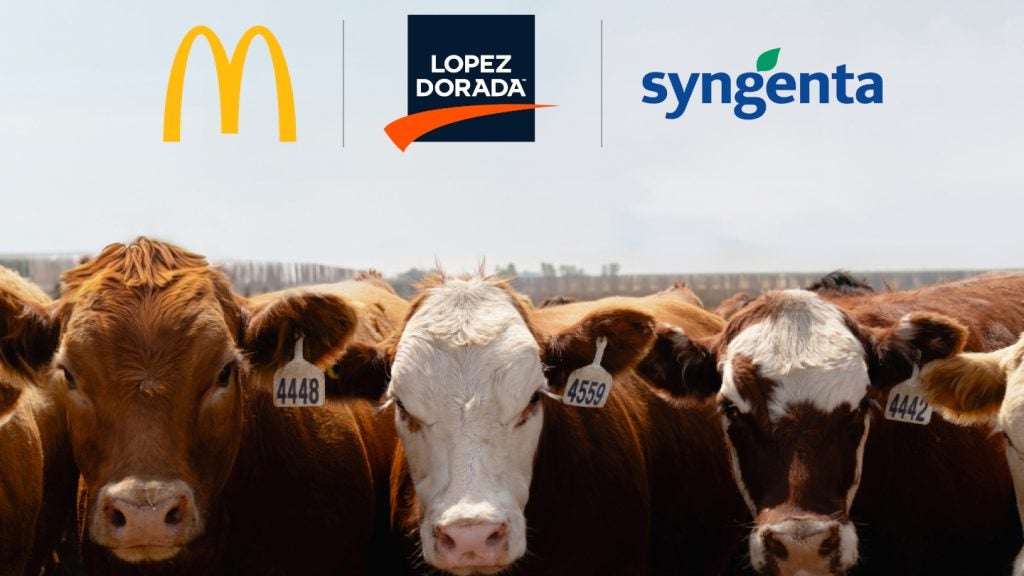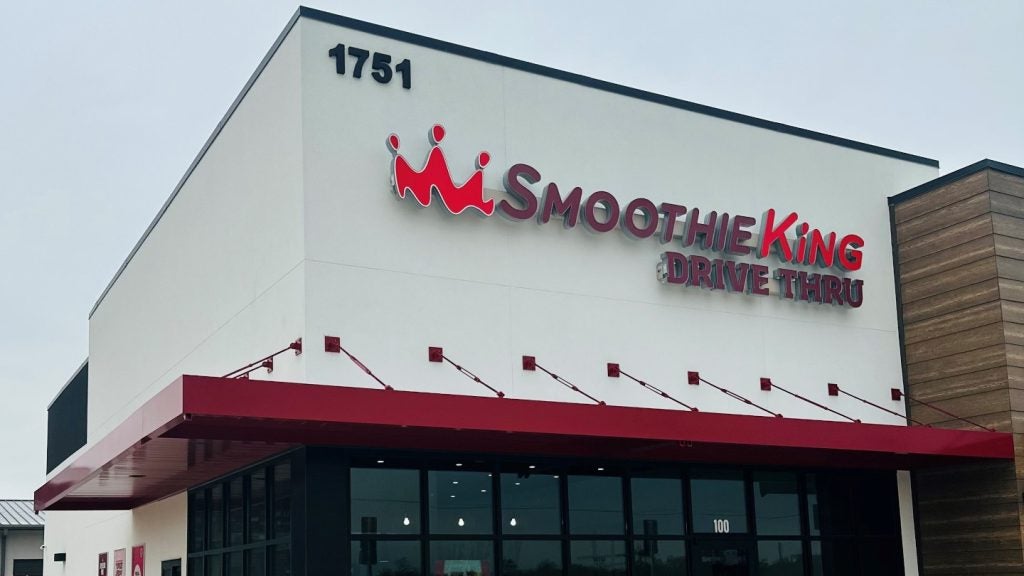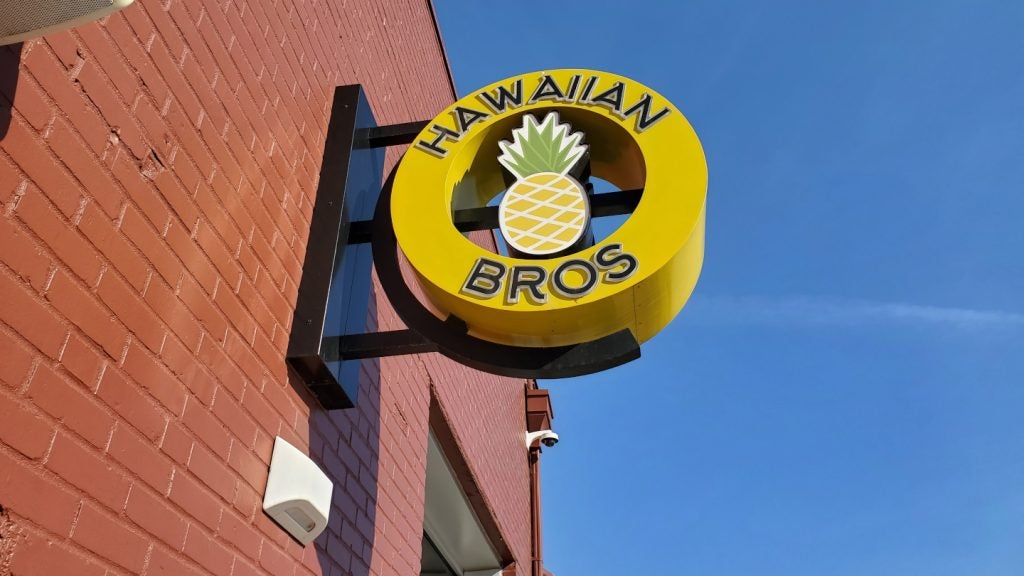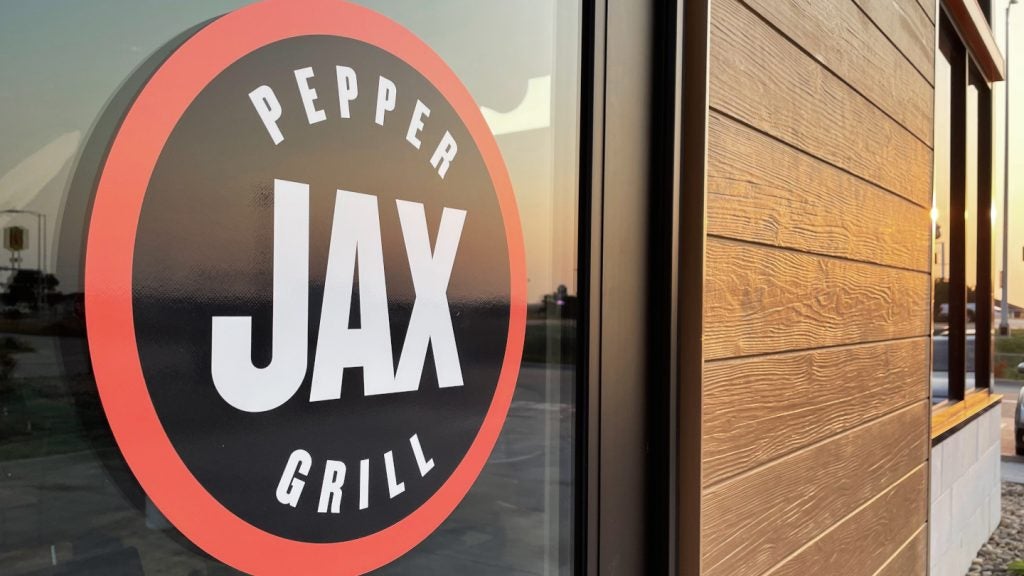Fast food restaurant chain McDonald's USA, alongside Lopez Foods and Syngenta North America, has announced a collaboration aimed at enhancing the sustainability of beef production.
The initiative focuses on increasing feed efficiency and reducing greenhouse gas emissions per pound of produced meat.
This partnership highlights the use of Enogen corn, an innovation from Syngenta, which is recognised for its potential to improve feed efficiency in cattle.
Enogen corn is available exclusively from Syngenta and is known for its alpha-amylase enzyme.
This enzyme rapidly converts starch into usable sugars, providing more energy to cattle and improving digestibility.
Enhanced digestibility can lead to increased feed efficiency, an important factor in reducing greenhouse gas emissions in livestock production systems.
Syngenta Seeds president Justin Wolfe said: “At Syngenta, we’re convinced improving the sustainability of the global food system can be accelerated through innovation and collaboration.
“We’re proud of the great attributes of our Enogen corn, and how our work can help enable McDonald’s and their beef supply chain to deliver impact.”
Research from universities indicates that feeding Enogen as silage or grain is expected to boost feed efficiency by nearly 5%.
A life-cycle assessment reveals potential environmental benefits from this increased efficiency, including reduced greenhouse gas emissions and decreased land, energy, and water usage per unit of production.
Specific findings suggest that for every 1,000 heads of beef cattle, the collaboration could achieve annual savings of 196t CO₂e in greenhouse gas reduction, 69-acre reduction in land use for growing feed, six million fewer gallons of water used and energy savings of 231,000 kilowatt-hours.
McDonald's aims to scale this programme to deliver more than 164,000tpa of CO₂e.















